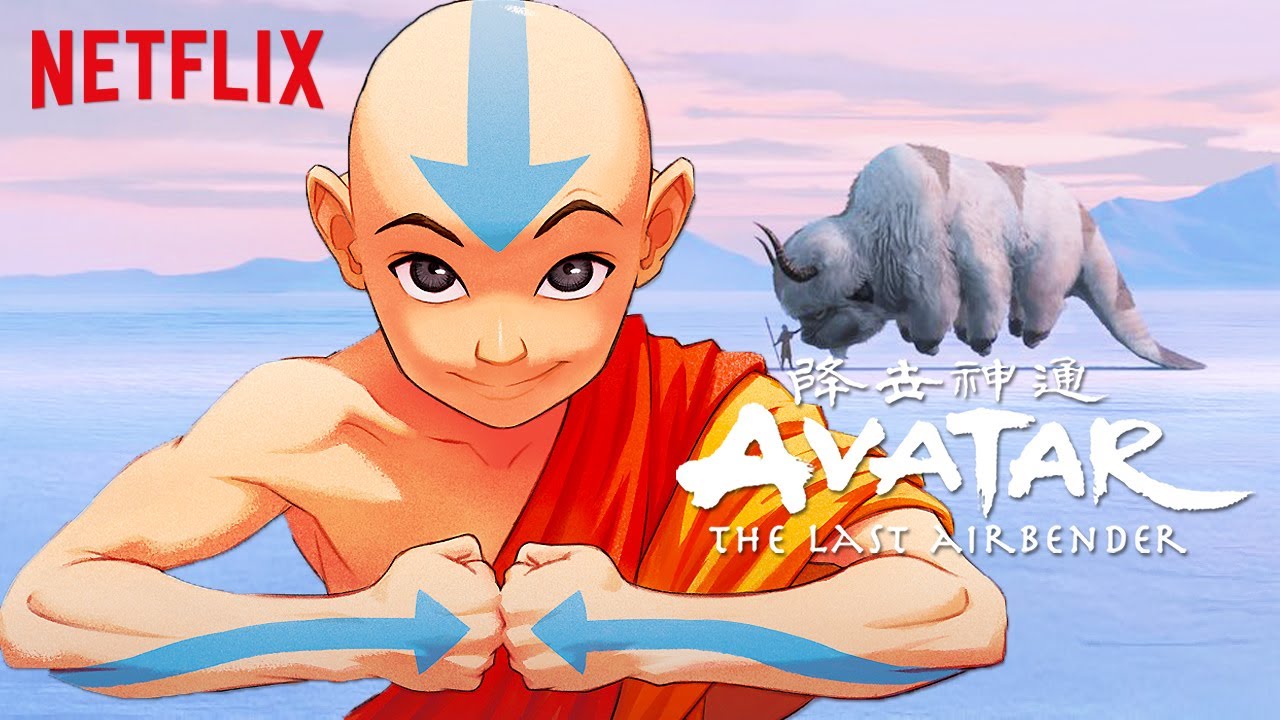Fans of Avatar: The Last Airbender agree that the show is a masterpiece. Progressive for its time, ATLA gave us satisfying villains, imparted valuable life lessons, and taught us the value of chosen family. Netflix made fans happy after starting to stream it last summer, coinciding with the Black Lives Matter movement. The protests may have subsided but we must continue anti-racism work and thankfully ATLA has some great places to start.
Look no further than the story of Prince Zuko, who while starting off nefarious eventually won our hearts as he brought peace to the Four Nations. The past year has certainly made me aware of the ways I can be a better ally to communities I don’t identify with. Finding ways to more effectively practice solidarity can be challenging in a world that encourages us to keep each other down, but ATLA provided heaps of inspiration — maybe the lessons Zuko learned will be useful to you too.

Question Your Privileges and Motivations
Prince Zuko’s sole motivation at the start of the series was to capture the Avatar so he could restore his honor and make his father, Fire Lord Ozai, proud. He didn’t think about the damage the Fire Nation — or his trip — was inflicting on the Four Nations. Zuko never concerned himself with the well-being of others. Why would he? He was a prince and direct beneficiary of the spoils of Fire Nation.
However, Zuko’s goals started to change as explored the other nations. He experienced relative peace during his time in Ba Sing Se, where he and General Iroh ran a successful teashop. Having to work relieved him of his previously self-imposed goal to capture the Avatar. He even made himself feel sick as he debated the choice between pleasing his family and pursuing what he knew was right. It took him several tries to act on his morals but he eventually got it right.
So be like Zuko and grow through introspection. Ask yourself who benefits from racism/colorism, what resources you have, and consider how your actions may cause harm, even if it’s unintentional. If you’ve ever stayed silent when listening to a family member, friend, or colleague’s racist statements, for example, ask yourself what motivated you to let it slide? And take those answers to change your future behavior.

Start Speaking Up for What’s Right
Zuko’s uncle, General Iroh, a Fire Nation subject, tried to teach his nephew better ways. He patiently advised Zuko on how to be a better person. Other Fire Nation residents also proved they were allies to the other three nations, such as swordmaster Piandao and fire master Jeong Jeong. Both masters came to the aid of the other three nations once they declared war on the Fire Nation, even though this meant fighting their own people.
It’s important to be the General Iroh to others in your life. White supremacists and people who are anti-Black rarely listen to the people they oppress. Confronting friends, relatives, and co-workers about white supremacy and privilege is going to take patience, but it’s not something oppressed people should have to do alone. You may not change someone’s mind right away, but they’ll know that once they say something racist, you will ask them to explain themselves. They will either change their tune or maintain your boundaries.

Give a Sincere Apology, Commit to Making Amends, and Take Action
After Zuko reflected on his past actions, he saw his father for the power-hungry man he truly is. Zuko then confronted Fire Lord Ozai and committed to ensuring all Four Nations live in peace and balance again. He apologized to Team Avatar and worked to earn their trust — even risking his life to help Aang. Then, he accepted that not everyone will trust him right away, followed the team’s lead, and made sure Aang learned everything he needed to know to master the element of fire.
As a person who doesn’t experience racism directly or who benefits from being lighter-skinned, you will mess up. Your apology must also be sincere and you will have to sacrifice to fix your mistake. Get back up, commit to doing better, and share your knowledge and resources. Take action by talking to people you have influence on, listening to more marginalized people, and finding ways to stay engaged without expecting a cookie. Maybe if more of us follow Prince Zuko’s example, we can bring a little more peace and understanding to our world.

